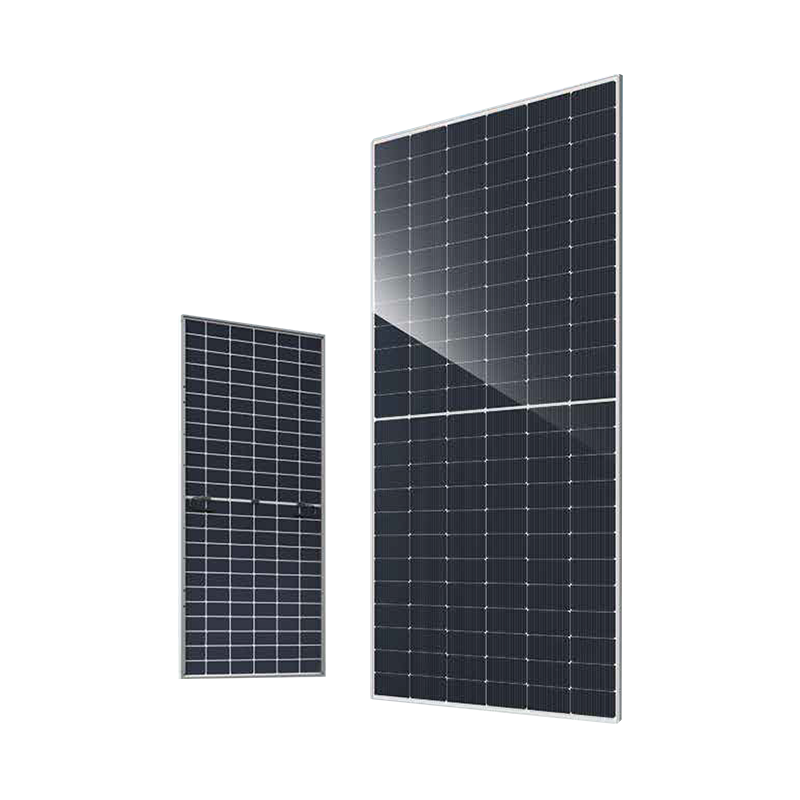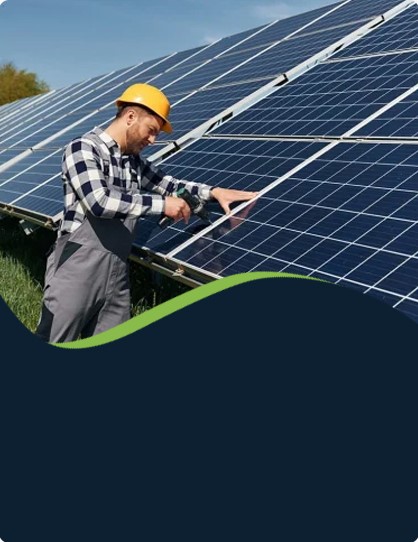
-
[email protected]

-
Building 1, No. 21 Shengfa Road, Lucheng District, Wenzhou, Zhejiang, China



The development of single flexible solar panels marks a significant leap forward, offering a versatile and adaptable solution for harnessing solar power. These panels are designed to capture sunlight and convert it into electricity, but their unique flexibility sets them apart from traditional rigid solar panels, opening up a wide range of applications and possibilities.
One of the more notable features of single flexible solar panels is their ability to conform to various surfaces. This makes them ideal for applications such as attaching to the curved roofs of vehicles, boats, or even portable shelters. Their adaptability ensures that they can be integrated into diverse environments without compromising the aesthetics or functionality of the underlying structure.

Moreover, the lightweight nature of flexible solar panels is a significant advantage. Traditional solar panels are often heavy and cumbersome, which can be a limitation for certain applications, especially those involving mobility. Flexible panels, on the other hand, are much lighter, making them easier to handle, transport, and install. This is particularly beneficial for users who need to move their solar panels frequently or for those who want to install them in locations that are difficult to access.
Despite their flexibility and lightweight design, single flexible solar panels are engineered to maintain high levels of efficiency. Modern solar technology has advanced to the point where these panels can generate a substantial amount of electricity from sunlight. They are designed to big energy capture even in less-than-ideal conditions, such as indirect sunlight or partial shading. This makes them suitable for a variety of environments, from urban rooftops to remote outdoor locations.
Flexible solar panels also offer durability. They are built to withstand the rigors of outdoor use, including exposure to weather elements, impacts, and temperature fluctuations. This resilience ensures that they can provide a reliable source of power over an extended period, making them a cost-effective investment for users seeking sustainable energy solutions.
The versatility of single flexible solar panels makes them suitable for a wide range of applications. In the realm of transportation, they can be installed on the roofs of cars, RVs, and boats to provide a continuous source of power for onboard electronics and appliances. This reduces the need for traditional fuel-based generators, lowering emissions and operating costs.
For outdoor enthusiasts, flexible solar panels offer a convenient way to power camping equipment, such as lights, refrigerators, and communication devices. They can be easily rolled up and transported, making them an ideal solution for those who want to enjoy the benefits of solar power without the bulk and weight of traditional panels.
They can be installed on curved surfaces, such as domed roofs or irregularly shaped structures, providing a seamless and aesthetically pleasing solution for solar energy generation. This allows homeowners to harness solar power without compromising the architectural integrity of their homes.
The adoption of single flexible solar panels contributes to a more sustainable and environmentally friendly energy future. This is particularly important in the context of global efforts to combat climate change and transition to renewable energy sources.
From an economic perspective, flexible solar panels offer long-term savings. While the initial investment may be higher compared to traditional energy sources, the cost of solar technology has been steadily decreasing.
Single flexible solar panels represent a significant advancement in renewable energy technology. Their unique combination of flexibility, lightweight design, and high efficiency makes them a versatile solution for a wide range of applications.
Your email address will not be published. Required field are marked*
